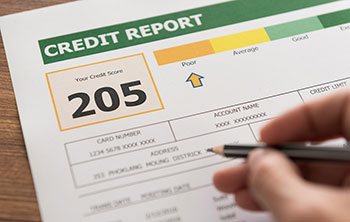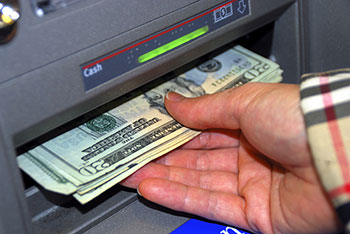
Staying up to date with your credit score helps you know where you stand in terms of your creditworthiness, so when you apply for a loan or credit card, you have an educated idea of whether you'll be approved. Additionally, the United States Federal Trade Commission suggests checking your credit report yearly to make sure your information is accurate. Learn more about the three ways to get a free credit score below!
Get a Free Annual Credit Report
The Fair Credit Report Act entitles you to at least one credit report every year from all of the three main credit bureaus: TransUnion, Experian, and Equifax. To check your credit score, as well as your full credit report, you can order yours online from annualcreditreport.com — which is the only website authorized to provide a free report. You can order online or by phone. To keep track of your creditworthiness, it's a smart idea to order once every four months from each of the three bureaus — one in January from TransUnion, one in May from Equifax, and one in September from Experian.
Use Your Credit Card Account to Get Your Score
Some credit card companies offer a free monthly credit score or a credit report copy, such as Discover, Bank of America, American Express, and more. If you check your credit card account online, you may be able to keep track of your score right from the dashboard. While these free monthly credit scores aren't FICO scores, they can help you gauge your credit status and keep an eye out for strange increases or decreases.









